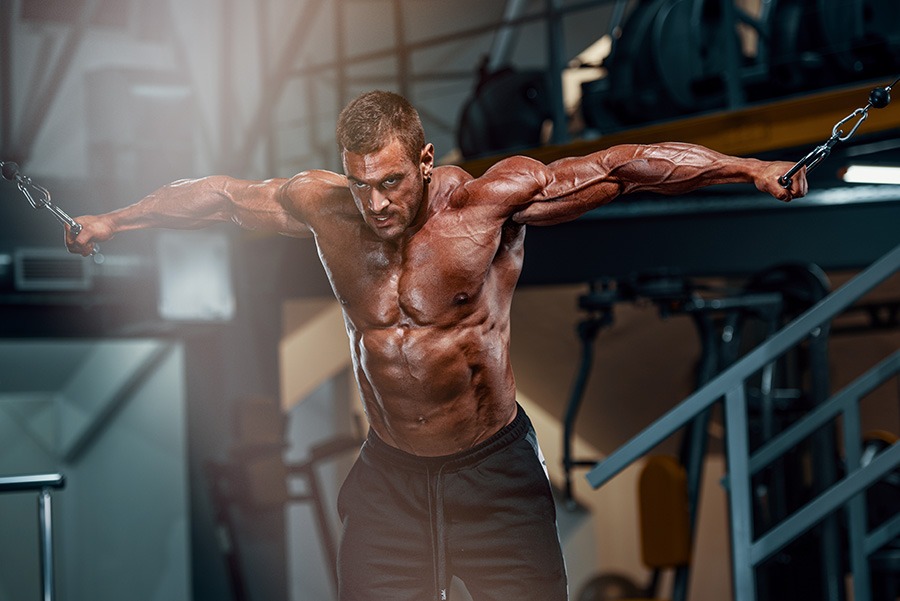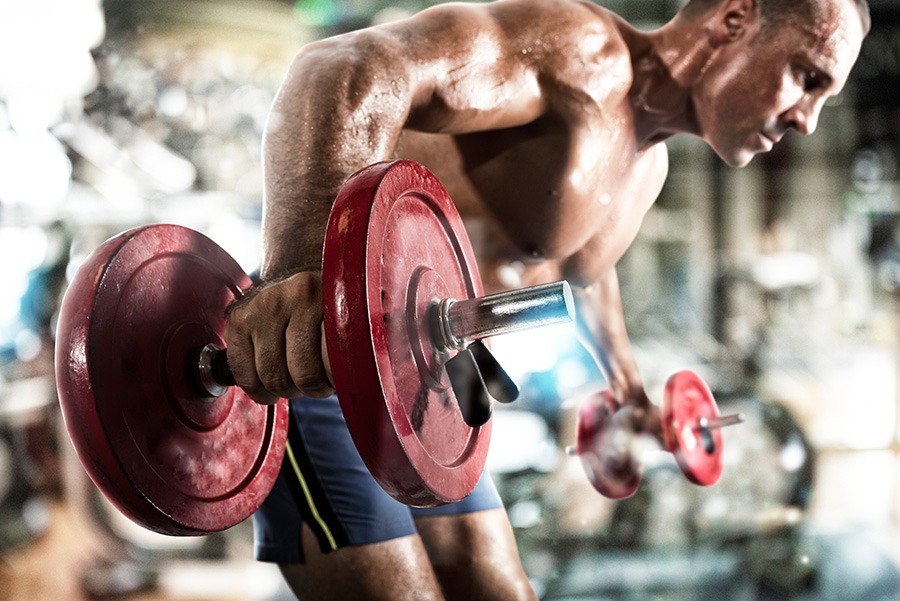Resistance Training
Bodybuilding is all about strategically overloading your muscles so they grow bigger and stronger over time. You need to gradually increase the amount of weight you lift, the number of reps you do, or cut down on rest between sets. Keep challenging those muscles!
When putting together your workout routine, make sure to focus on compound exercises that work multiple muscle groups at once, like squats, deadlifts, bench presses, rows and shoulder presses. These moves give you a lot more bang for your buck compared to isolation exercises that only target one muscle.
Proper form is critical too. You want to engage the right muscles for each exercise and avoid straining your joints. There are tons of great resources out there to help you nail down the right technique for every lift.
Nutrition for Bodybuilders
Fueling those muscles is crucial as well. Protein builds and repairs muscle tissue. Carbs give you energy to power through workouts. And healthy fats support hormone production and other important body functions. As a bodybuilder, you’ve got to make sure you’re getting enough of all three macros.
How many calories and nutrients you need comes down to your specific goals and activity level. But most bodybuilders follow a high protein diet with plenty of quality carbs and fats too. It’s smart to plan out your meals and snacks so you get a nice distribution of protein and nutrients throughout the day. Eating every 3-4 hours helps keep your blood sugar stable too.
Rest and Recovery
Rest and recovery are just as important as your workouts when it comes to building muscle! Rest days give your body time to repair damaged muscle fibers – and that’s how they grow back bigger and stronger. Skipping rest days will stall your progress.
Quality sleep fuels the muscle growth process too. Your body produces growth hormone at night to help rebuild muscle tissue. Aim for 7-8 hours per night to maximize those muscle-building benefits!
Recovery techniques like light cardio, stretching, and foam rolling can also help ease soreness and get you ready for your next intense workout faster.
When it comes to training, you’ve got two main options: split routines that target specific muscle groups each workout, and full-body workouts that train everything in one session. Both approaches have their pros and cons. Split routines allow you to hammer each muscle hard while full-body is more time efficient. But full-body workouts can be tougher to recover from.
The key is finding the training style and schedule that works for your goals and lifestyle! Mix up your routine to keep those muscles guessing.







